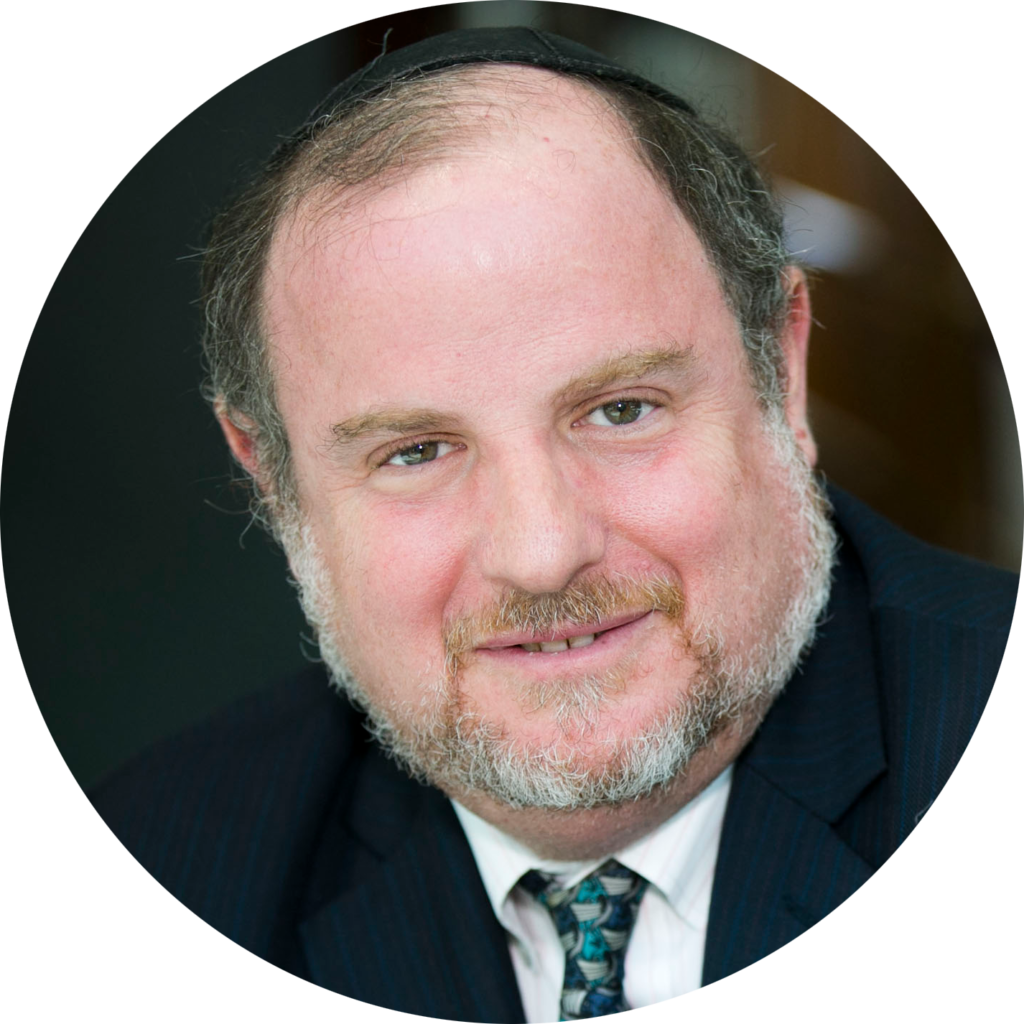
Notorious ACB: Law, Religion, and Justice Barrett’s Ascent to the Court
A Canopy Forum Thematic Series
December 2020
The nomination and confirmation of Justice Amy Coney Barrett to the Supreme Court following Justice Ginsburg’s death in the waning months of President Trump’s first term raised many worthy questions of law and religion. Justice Barrett was sharply questioned by Senate Democrats about her deeply professed religious convictions during her 2017 Court of Appeals confirmation hearings, and her ascent to the Supreme Court reignited discussions about how judges’ personal religious beliefs impact their decisions. These discussions also highlight concerns about whether and to what extent it is even proper for a judge’s faith to be a point of issue in confirmation hearings in light of the Constitution’s ban on religious tests for holding public office. Justice Barrett was confirmed just as several important religious freedom cases, from Fulton v. City of Philadelphia to a steady stream of Free Exercise challenges to Covid-19 regulations, were expected to come before the Court, raising important questions about how ACB’s replacement of RBG might shift the Court’s religion jurisprudence. This series offers reflections on these and other issues from an impressive lineup of law and religion scholars.

“Questioning Justice Barrett’s Questions in Fulton v. City of Philadelphia”
Patrick Hornbeck
December 9, 2020
“When Amy Coney Barrett took the bench November 4 for her third day of oral arguments as an associate justice of the U.S. Supreme Court, the questions she asked seemed to reveal both her loyalty to her late mentor, Justice Antonin Scalia, and her ongoing interest in abortion rights….”

“Religious Freedom, Public Health, and the Limits of Law”
Elizabeth Shakman Hurd
December 21, 2020
“The U.S. government designates certain entities as ‘religious’ and enforces different rules on them than on ‘secular’ entities. The two categories find differential treatment in taxes, employment law, and other domains. Americans call this religious freedom…”

“Fixed Terms for Justices Will Not Fix the Confirmation Controversies”
Michael J. Broyde
December 22, 2020
“At every confirmation of a Supreme Court Justice, inevitably, commentators appear advocating 18-year term limits for Supreme Court Justices, under the assumption that regular and scheduled appointments will solve the confirmation battles. This approach is mistaken….”

“Religious Tests, Religious Freedom, and ‘Animus’ and ‘Bigotry’ at the Supreme Court”
M. Christian Green
December 23, 2020
“The No Religious Test Clause within Article VI, Clause 3 of the United States Constitution is a special text in the field of law and religion, and especially American constitutional law of religion and state. The No Religious Test Clause comes immediately after the Oath or Affirmation Clause requiring...”

